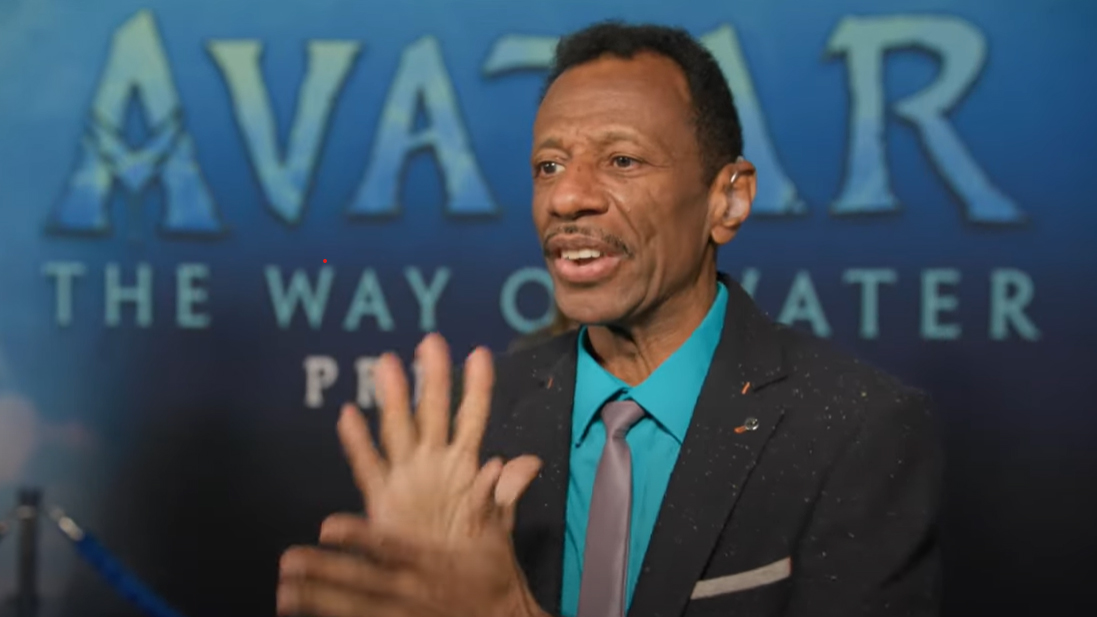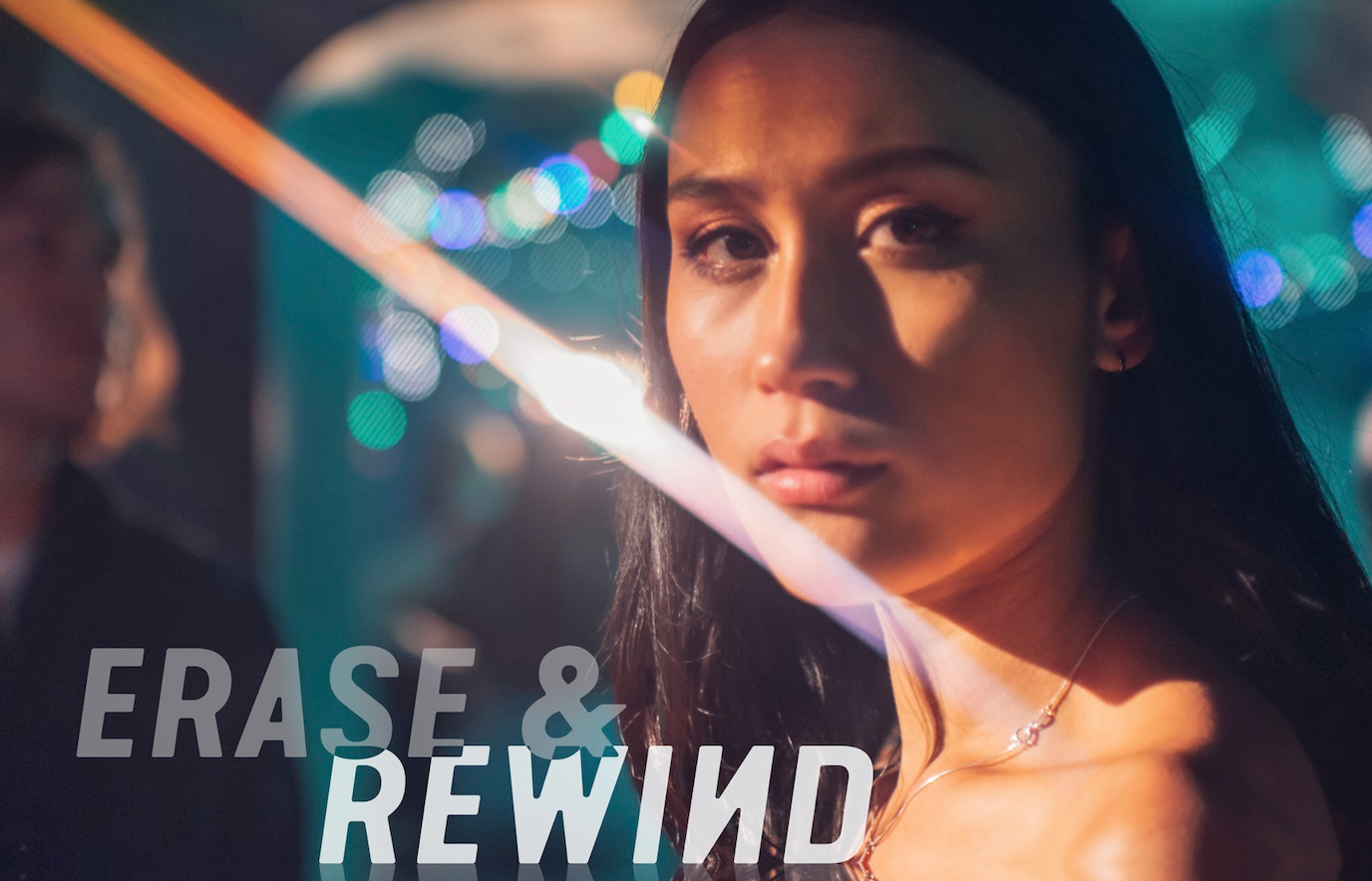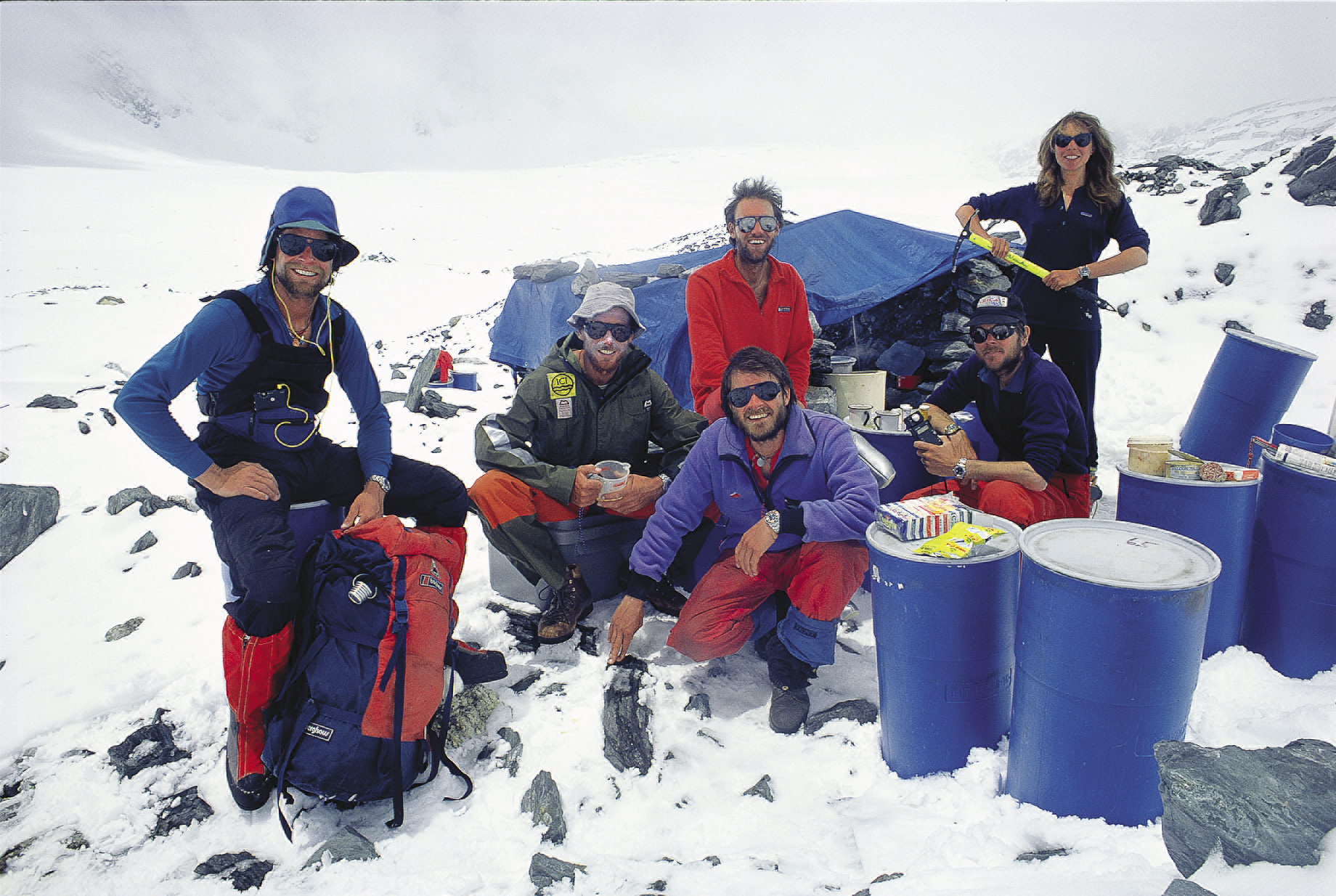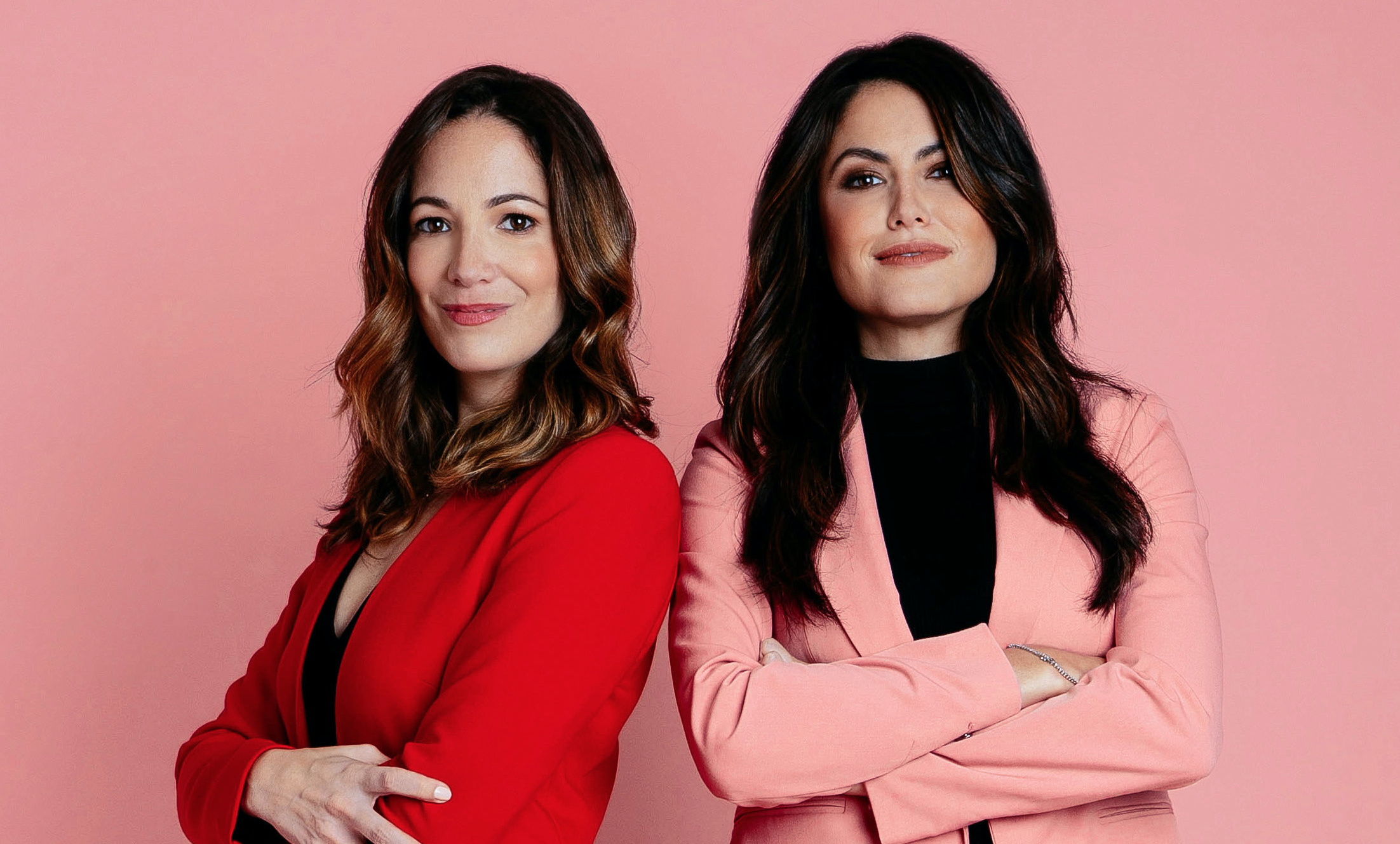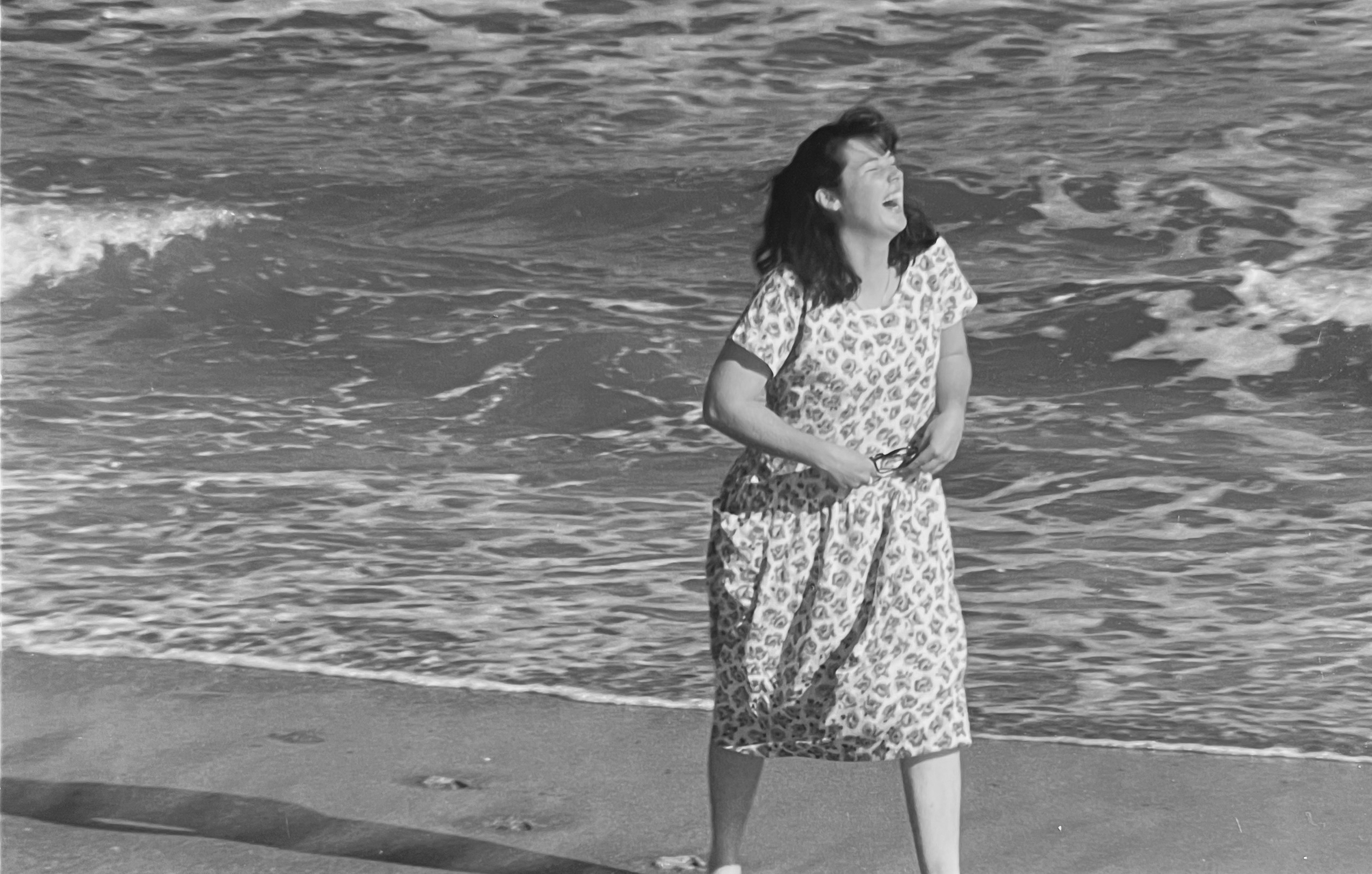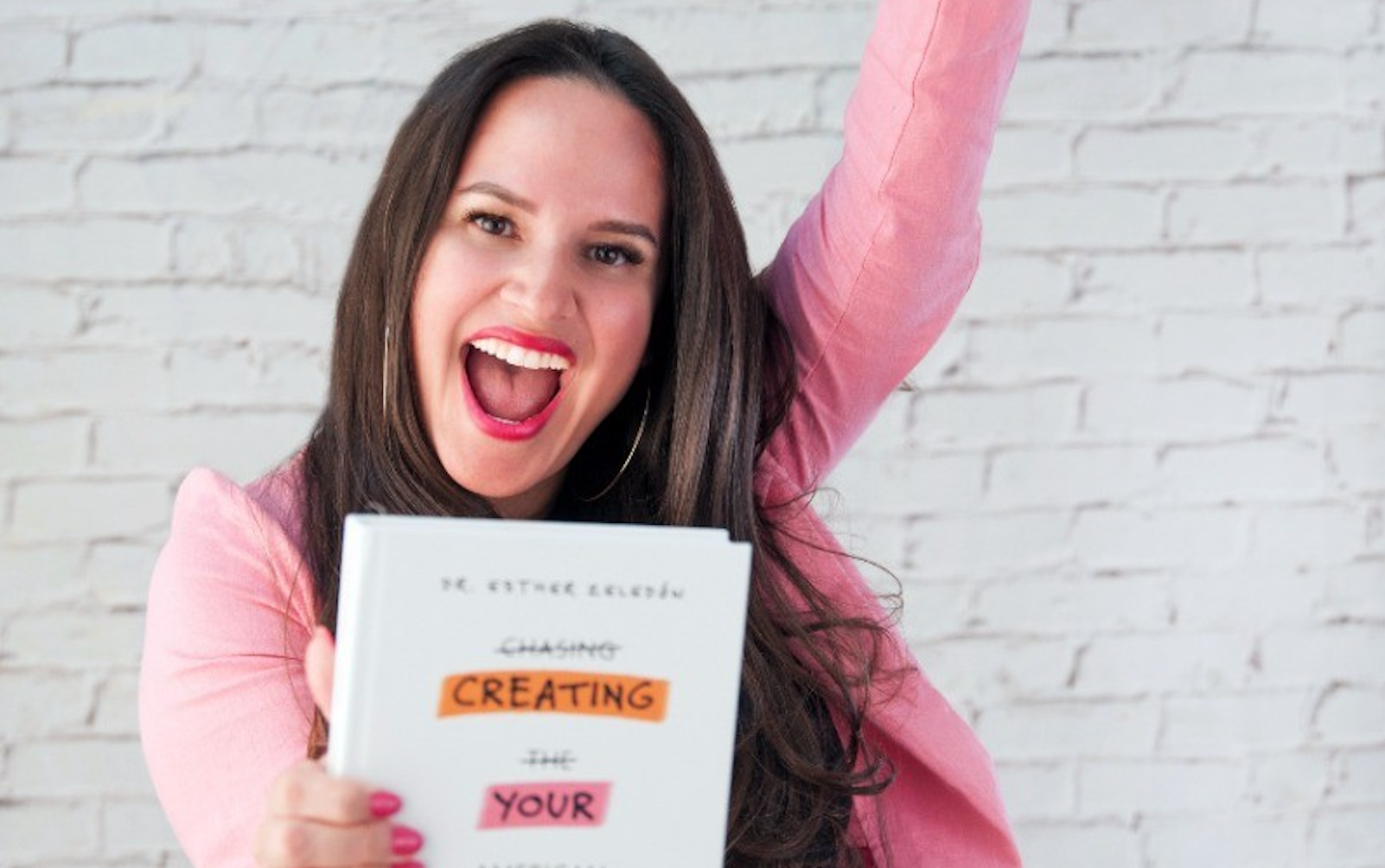
If you are a brand that doesn’t churn out regular video content on Tik Tok, how are you targeting millennials and Gen Z? If you are a large corporation that doesn’t do much in the way of social media, or speak to where younger generations are right now, how are you getting the message of your brand out there for future generations? Brand loyalty has shifted so much with the advent of social media and digital communications, companies can no longer afford to go the “traditional” route if they want to ensure they have a stake in tomorrow’s consumers. But how does a corporate board or a C-suite of executives who all hover around the age of 50 or 60, let’s say, get the message right and foster loyalty among digital natives?
Enter Courtney McKenzie Newell – the Millennial wonder woman who has become a sought after speaker, bestselling author, and communications expert helping brands and companies tap into the digital eco-system of her generation and younger.
Courtney is a Black millennial multicultural marketing & communications expert and former Miss America title holder works with companies on the specific and actionable steps they should be taking in order to authenticate and foster diversity within their organization. Having recently coined the term Culture Communications – which is focused on inclusive messaging, practices, policies and workplaces she is an expert in the space and thought leader among millennials.

The importance of incorporating diversity and acknowledging culture is no longer an option for brands who would’ve perhaps stayed away from appearing “too political”. These days, consumers (and especially millennial and Gen Z consumers) want to know where a brand stands when it comes to racial justice, LGBTQ issues, equal rights, and more. Through her book “Future Proof: The Blueprint for Building a Brand Gen Z and Millennials Love”, Courtney is helping brands make the right shift.
She knows that key to connecting to people is all about sharing your story in a heartfelt way to build an authentic and memorable bridges to connect you to others. And it’s not mastering the marketing flavor of the week. It’s how well you connect with the heart-beating people you’re trying to help and communicate your understanding back to them.
She spoke with us about her work, being a former Miss American title holder, and how she is leveraging her experience to help brands create more authentic consumer engagement with her generation.

Tell us about your background in PR and marketing, and how you started your own agency:
In undergrad, while studying Political Science at Florida International University I managed a $2MM marketing and PR budget for a student organization. I took that role very seriously and ran my division like it was my own company. After two years in that role, I knew marketing and PR would be my career choice. Two months post graduation. I founded my own company and called in Crowned Marketing & Communications.
You clearly saw a gap in the market and are now a sought-after thought leader, offering expertise and advice to major brands and companies. What are some of the common mistakes you see in as you work with these entities?
The biggest mistake I see is many brands are stuck in their ways. It’s really hard for brands to change their messaging, change their marketing strategy and change their imagery; if they are used to doing things the same way for the last few decades. The brands that win, are the brands that make rapid change and FutureProof themselves. The brands that don’t change, are the brands that die. This is illustrated with Sports Authority, Toys R Us, Radio Shack and Blockbuster to name a few. These were all childhood favorite brands that are now extinct. Brands have to be more willing to diversify, not only their imagery and messaging, but also the platforms they use.

You are very focused on diversity. Why is this area important to you personally, and how does it actually improve the way companies do business when they are more inclusive?
I’m the daughter of immigrants. My parents came to the U.S from Jamaica in the late 70’s. Growing up they always made sure we celebrated our culture, while also embracing other cultures. My neighborhood growing up was very diverse. At a young age, I learned the importance of self-expression and how that lead to self-confidence. My focus on culture communications stems from the lack of diversity in media. There are more brands that get it wrong, than those that get it right. When brands get their messaging wrong, it hurts everyone. It hurts the consumers they were hoping to attract, by making them feel isolated, unappreciated and misunderstood. It hurts brands because they lose customers and market share.
You are also a former Miss America title holder. What has that experience taught you about communication, and messaging?
During my time competing in Miss America and Miss USA Pageants, I won a total of five titles. The greatest lessons I learned were 1) The importance of having a mission greater than you. During my reign I had the platform of S.T.A.T.E – Social Tolerance and Acceptance Through Education. Now my platform/mission is culture communications and bringing diversity and inclusion to marketing and communications 2) How to have a winner’s mindset, even when you lose. Competing against a dozen plus equally talented, ambitious women in a pageant, is no easy feat. I eventually learned I wasn’t competing against them, I was competing against myself, an older version of myself. So when I lost, I still won. That internal messaging is powerful. I hold that belief with me to this day.

How did upbringing and experiences as a young girl inform your career decisions and how you wanted to make a difference in the world?
I’m a third generation entrepreneur. My father was a serial entrepreneur, and my mother is a Ph.D Educator. They both taught me the importance of doing work that is bigger than me, doing work that creates a movement and creates lasting impact. Growing up there were very few people of color in commercials, in advertisements and as on air talent. In grade school I studied TV production. I was in the TV magnet program because I wanted to be what I couldn’t see. I now get enjoyment helping brands learn how to FutureProof their brands through multicultural and millennial marketing.
As a millennial, what should companies know about this generation when it comes to marketing and authentic outreach?
Millennials and GenZ are the most diverse generations ever. In order for brands to survive and thrive they must be inclusive. They also must create community around their brands and most importantly, they must be authentic.
Tell us about your book ‘FutureProof’ and what readers can learn from it?
My book FutureProof is all about how to take business into the future. Readers will learn the exact frameworks and methods my team and I use to help companies, many of which are Fortune 100 companies reach and retain a diverse base of customers. It’s a blueprint for helping businesses learn how to build a wave of loyal customers by leveraging new media marketing.
You can learn more about Courtney on her website, and get a copy of “Future Proof” by clicking here.












